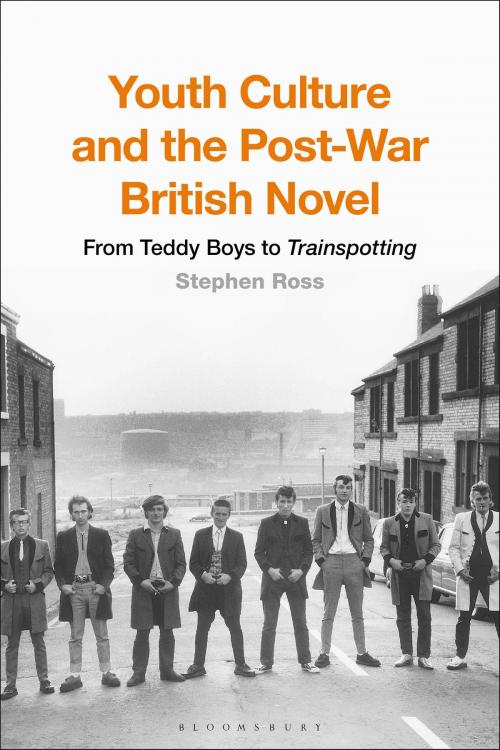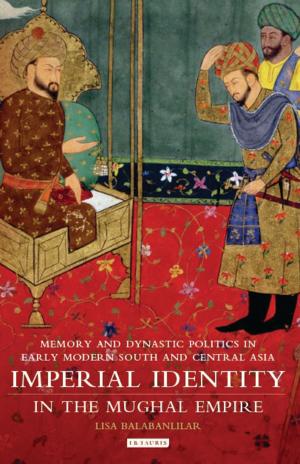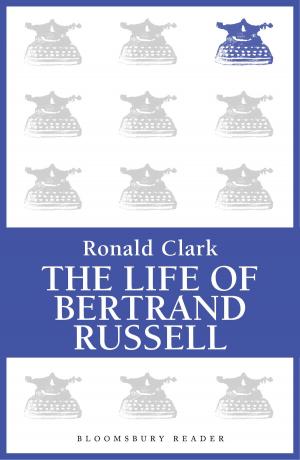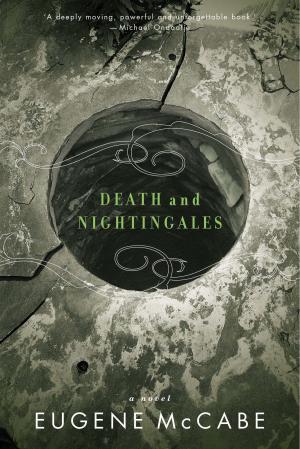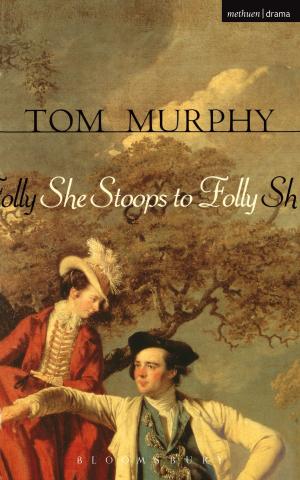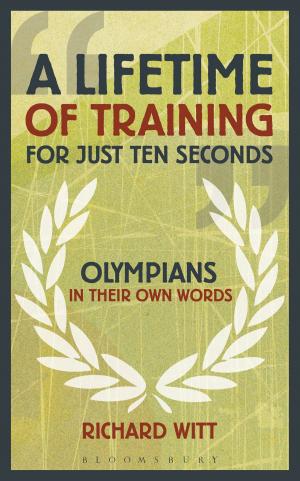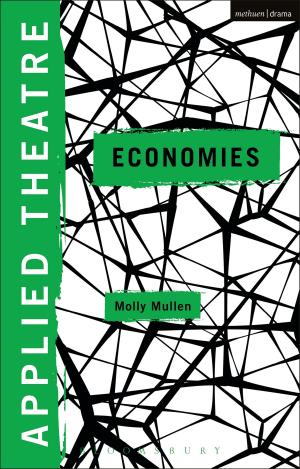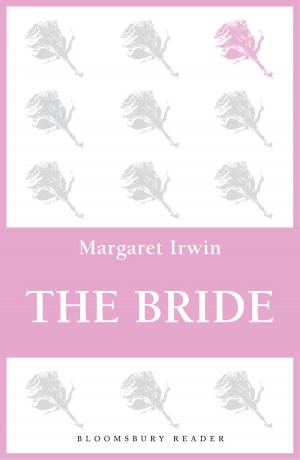Youth Culture and the Post-War British Novel
From Teddy Boys to Trainspotting
Fiction & Literature, Literary Theory & Criticism, British, Nonfiction, Social & Cultural Studies, Social Science, Cultural Studies, Popular Culture| Author: | Professor Stephen Ross | ISBN: | 9781350067875 |
| Publisher: | Bloomsbury Publishing | Publication: | December 13, 2018 |
| Imprint: | Bloomsbury Academic | Language: | English |
| Author: | Professor Stephen Ross |
| ISBN: | 9781350067875 |
| Publisher: | Bloomsbury Publishing |
| Publication: | December 13, 2018 |
| Imprint: | Bloomsbury Academic |
| Language: | English |
From the Teddy Boys of the post-war decade to the heroin chic of "Cool Britannia,†? the many subcultures of Britain's teenagers have often been at the forefront of social change. Youth Culture and the Post-War British Novel is the first book to chart that history through the work of some of the most influential contemporary British writers.
In this vivid work of cultural history, Stephen Ross explores:
· The manic teenage vision of Absolute Beginners
· The Angry Young Men of Saturday Night and Sunday Morning
· Skinheads and Burgess's A Clockwork Orange
· Irony and authenticity in the 1980s – from Amis to Kureishi
· Heroin chic, disaffection and Trainspotting
Examining the cultural contexts of some of the most important and popular post-1945 British novels, the book covers such themes as crises of masculinity, multiculturalism and inter-generational conflict, and in doing so casts new light on British writing today.
From the Teddy Boys of the post-war decade to the heroin chic of "Cool Britannia,†? the many subcultures of Britain's teenagers have often been at the forefront of social change. Youth Culture and the Post-War British Novel is the first book to chart that history through the work of some of the most influential contemporary British writers.
In this vivid work of cultural history, Stephen Ross explores:
· The manic teenage vision of Absolute Beginners
· The Angry Young Men of Saturday Night and Sunday Morning
· Skinheads and Burgess's A Clockwork Orange
· Irony and authenticity in the 1980s – from Amis to Kureishi
· Heroin chic, disaffection and Trainspotting
Examining the cultural contexts of some of the most important and popular post-1945 British novels, the book covers such themes as crises of masculinity, multiculturalism and inter-generational conflict, and in doing so casts new light on British writing today.
